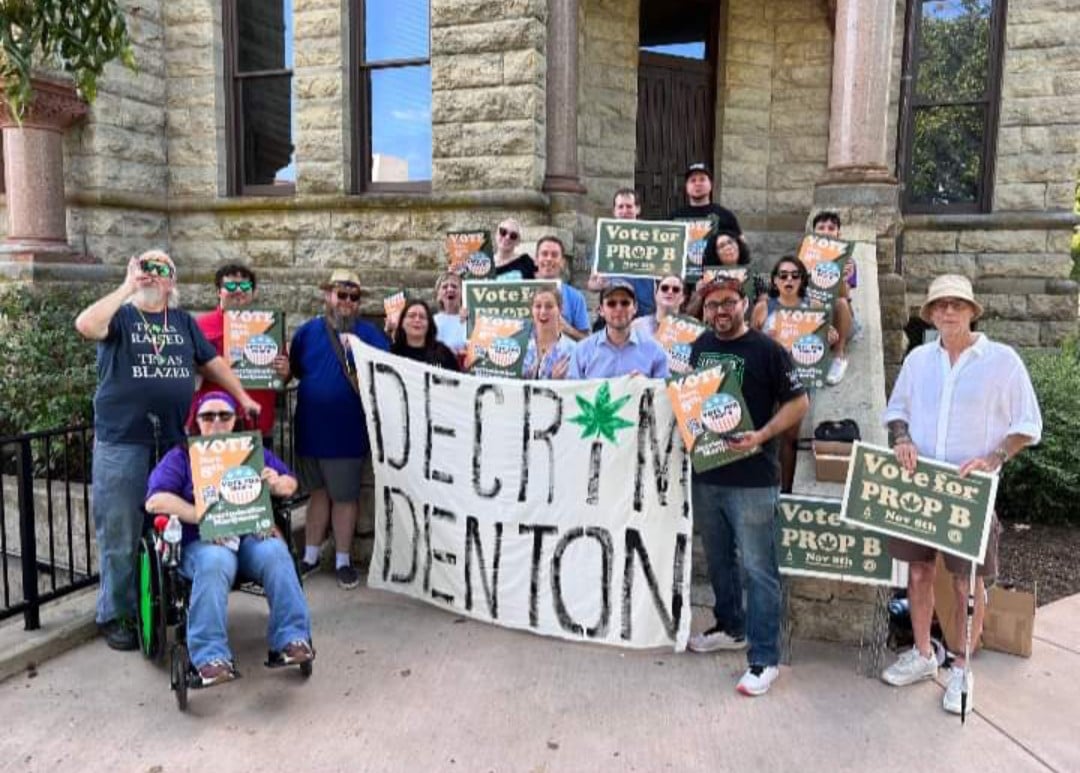
In Austin, ‘Discretionary’ Arrests for Petty Crimes Skew Blacker, Browner Than City Population
Austin Police Department officers used their discretion to arrest black defendants at a rate more than double that of either whites or Latinos last year.

Above: “It doesn’t make sense for officers to pick and choose who gets tickets and who faces arrest,” Austin City Council Member Greg Casar told the Observer.

In Texas, the consequences of getting caught with pot are a crapshoot. While the state has some of the most draconian and nonsensical marijuana laws on the books, the odds of getting hauled off to jail for a small amount of weed largely depend on where you live — and the color of your skin.
In Austin, the likelihood of arrest appears to vary by race, according to newly released police data compiled by Austin City Council Member Greg Casar. Three out of four people Austin Police Department officers chose to arrest over a low-level marijuana charge last year were black or Latino, even though minorities comprise just over half of Austin’s population.
Since 2007, Texas police have had the option to ticket, rather than arrest, for low-level crimes — a reform that has been hailed by criminal justice reformers. On one hand, the new data suggests that the effort has been a success: Police in Austin, one of the first cities to embrace the softer approach, now only arrest about 19 percent of eligible defendants charged with low-level misdemeanors.
On the other hand, the numbers show that officers used that discretion to arrest black defendants charged with petty crimes at a rate more than double that of either whites or Latinos. Black and Latino residents also constituted nearly three-quarters of discretionary arrests for driving with an invalid license last year. While black residents make up less than 8 percent of Austin’s population, they comprised 32 percent of APD’s discretionary arrests for low-level pot possession in 2017.
“Eliminating discretionary arrests saves public resources, confronts racial disparities in the system, and avoids all the harm that comes with arrest for a minor charge.”
Now, Casar and several other Austin officials want to end discretionary arrests altogether. Next week, the Austin City Council is set to vote on a resolution that would direct APD to “eliminate the use of discretionary arrests for non-violent misdemeanors” whenever possible.
“It doesn’t make sense for officers to pick and choose who gets tickets and who faces arrest,” Casar told the Observer. “If we can eliminate arrests for nonviolent offenses, we should. Eliminating discretionary arrests saves public resources, confronts racial disparities in the system and avoids all the harm that comes with arrest for a minor charge.”
Casar says his resolution, which is co-sponsored by two other city council members as well as Austin Mayor Steve Adler, would also force APD to better document why officers are arresting people when a summons would otherwise appear to suffice. And, in keeping with the city’s “sanctuary” status, the resolution also directs the police department to consider other documents for defendants to establish county residency — such as student ID or utility bill — so that undocumented people don’t automatically wind up in the jail-to-deportation pipeline over a minor charge. (Only Travis County residents are eligible for APD’s cite-and-release policy.)
APD didn’t respond to a request for comment, but Austin Police Association President Ken Casaday bristled at Casar’s proposed resolution by email: “If we don’t have the ability to arrest, our city will continue to slowly decay. There is and always has been a fine balance to make sure everyone’s rights are protected.”
Correction: This story originally stated that minorities comprise just under half of Austin’s population. Minority groups are just over half of Austin’s population. The Observer regrets the error.


